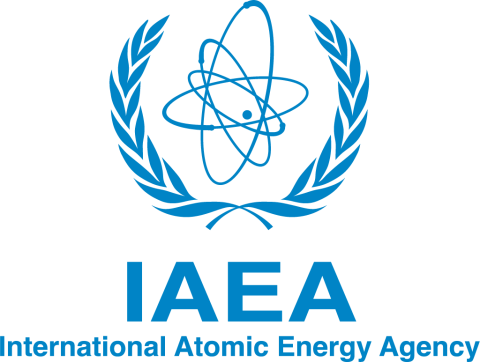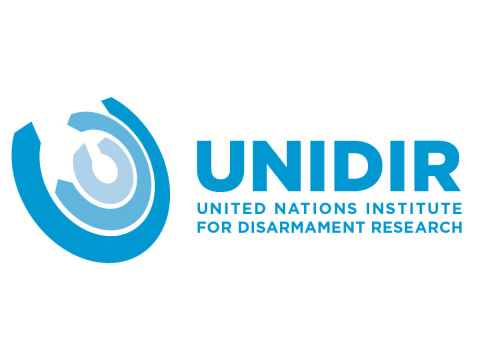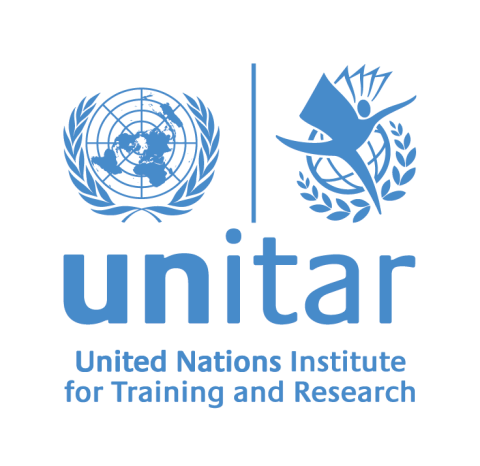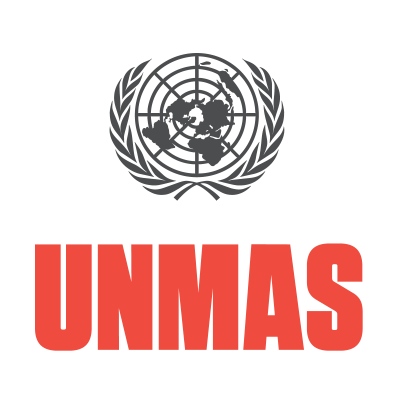
Sobrescribir enlaces de ayuda a la navegación
- Esta página fue traducida usando traducción automática. Leer más.
La Conferencia de Desarme
La Conferencia de Desarme se creó en 1979 como único foro multilateral de negociación sobre desarme de la comunidad internacional. La actual Directora General de la ONU en Ginebra, Tatiana Valovaya, es también Secretaria General de la Conferencia de Desarme y Representante Personal del Secretario General de las Naciones Unidas ante la Conferencia.
Durante sus reuniones, que tienen lugar tres veces al año, los 65 Estados miembros de la Conferencia se centran actualmente en los siguientes temas:
- cese de la carrera armamentista nuclear y desarme nuclear
- Prevención de la guerra nuclear, incluidas todas las cuestiones conexas
- Prevención de una carrera armamentista en el espacio ultraterrestre
- acuerdos internacionales eficaces para dar garantías a los Estados no poseedores de armas nucleares contra el empleo o la amenaza del empleo de armas nucleares
- nuevos tipos de armas de destrucción masiva y nuevos sistemas de tales armas; armas radiológicas
- programa integral de desarme
- Transparencia en materia de armamentos
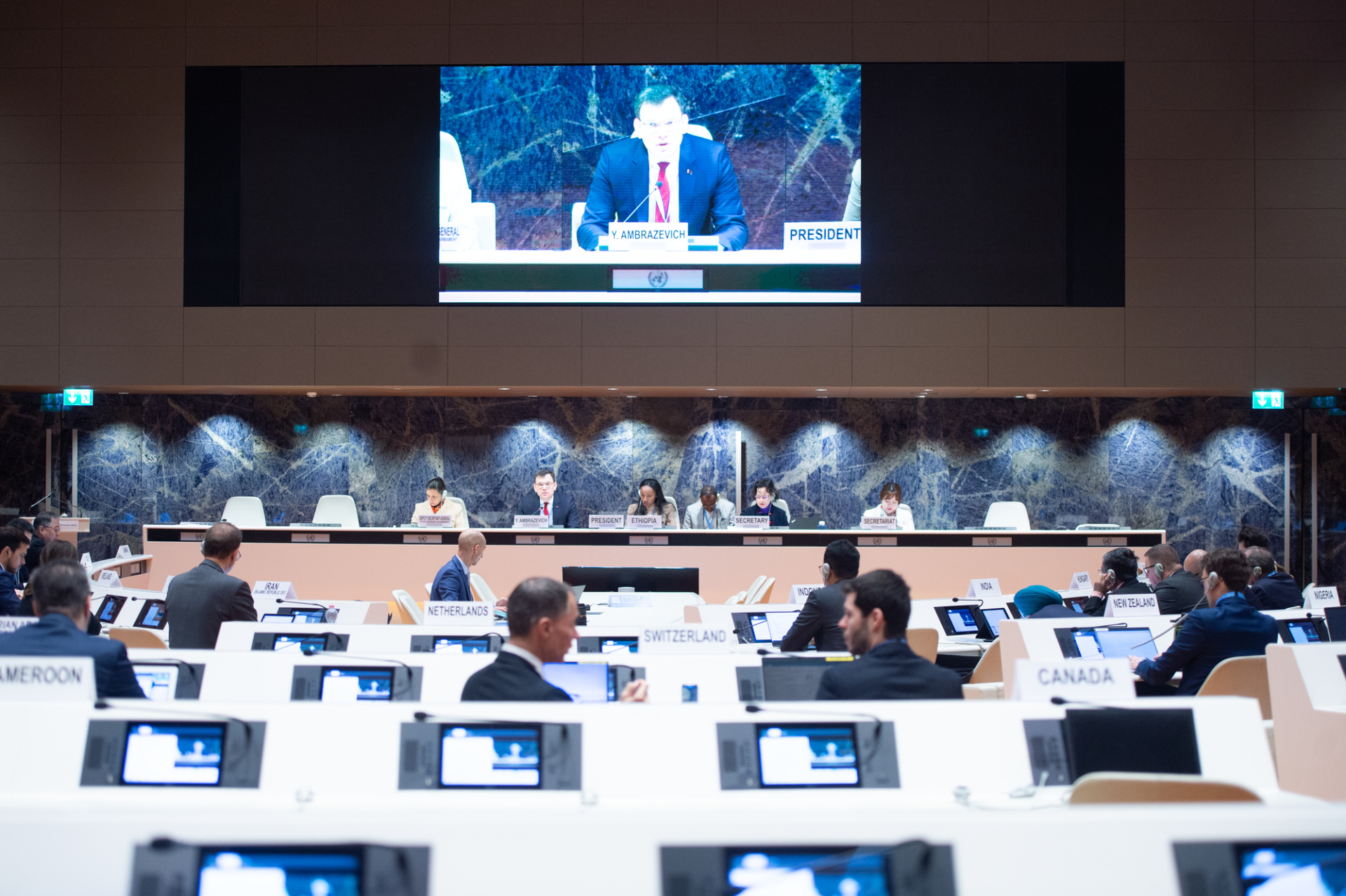
Convenciones y tratados con sede en Ginebra
La Convención sobre minas terrestres antipersonal es el tratado que prohíbe por razones humanitarias el uso, desarrollo, producción, almacenamiento, retención o transferencia de minas antipersonal. Su objetivo es poner fin al sufrimiento y las muertes causadas por las minas antipersonal, que matan o mutilan cada año a miles de civiles inocentes, obstaculizan el desarrollo económico y la reconstrucción e inhiben la repatriación de refugiados y desplazados internos.
La Convención sobre Armas Biológicas (CAB) , el primer tratado multilateral de desarme que prohíbe la producción y el uso de toda una categoría de armas, fue el resultado de prolongados esfuerzos de la comunidad internacional. Todas las reuniones de la CAB se celebran en Ginebra y reciben los servicios de la Dependencia de Apoyo a la Aplicación de la CAB, de la Subdivisión de Ginebra de la Oficina de Asuntos de Desarme.
La Convención sobre Municiones en Racimo fue aprobada en la Conferencia Diplomática de Dublín en 2008. Las tareas que desempeña el Secretario General de las Naciones Unidas están encomendadas en la Convención y en las resoluciones pertinentes de la Asamblea General. Entre ellas se encuentran la recopilación y difusión de informes nacionales de transparencia, la facilitación de la aclaración del cumplimiento y la convocatoria de las Reuniones de los Estados Partes y las Conferencias de Examen.
La Convención sobre ciertas armas convencionales (CCAC) es un instrumento clave del derecho internacional humanitario y, con sus cinco protocolos, busca prohibir o restringir el uso de tipos específicos de armas que tienen efectos indiscriminados sobre los civiles o causan sufrimiento innecesario a los combatientes. Desde 2016, un Grupo de Expertos Gubernamentales (GGE) de la CCAC está examinando los posibles desafíos que plantean las tecnologías emergentes en el área de los sistemas de armas autónomas letales (LAWS). Las reuniones de la CCAC se celebran en Ginebra y son atendidas por la Dependencia de Apoyo a la Aplicación de la CCAC en la Subdivisión de Ginebra de la Oficina de Asuntos de Desarme.
En el ámbito de las armas pequeñas y ligeras (APAL) y del Tratado sobre el Comercio de Armas (TCA) , la Subdivisión de Ginebra garantiza el enlace con la Oficina de Asuntos de Desarme en Nueva York y con las organizaciones no gubernamentales e internacionales con sede en Ginebra, y representa a la Oficina en reuniones relacionadas celebradas en Ginebra.
La ONU en Ginebra también acoge otras reuniones relacionadas con instrumentos de desarme, como sesiones de la Junta Consultiva en Asuntos de Desarme , el Comité Preparatorio de las Conferencias de Examen del Tratado sobre la No Proliferación Nuclear (TNP) , paneles de expertos y seminarios.
Investigación sobre desarme
La base de conocimientos interna de las Naciones Unidas para cuestiones de desarme está construida en gran parte por el Instituto de las Naciones Unidas de Investigación sobre el Desarme (UNIDIR), con sede en Ginebra:
- ¿Cómo podemos utilizar la energía nuclear reduciendo el riesgo del uso de armas nucleares?
- ¿Qué papel juega la inteligencia artificial en los conflictos y las guerras? ¿Qué papel podría desempeñar potencialmente en el desarme?
- ¿Qué implicaciones de seguridad conlleva nuestra creciente exploración y uso del espacio?
El equipo de investigadores de UNIDIR se ocupa de todas estas cuestiones y publica sus conclusiones y las comparte con los Estados miembros y otras partes interesadas durante sesiones de formación y conferencias mundiales.

Contacto con la Oficina de las Naciones Unidas para el Desarrollo de la Agricultura y la Alimentación (UNODA) en Ginebra
Organizaciones que trabajan en el desarme
El OIEA es el centro mundial de cooperación en el campo nuclear. Se estableció como la organización mundial "Átomos para la paz" en 1957 dentro de la familia de las Naciones Unidas. El Organismo trabaja con sus Estados Miembros y múltiples asociados en todo el mundo para promover tecnologías [...]
El Instituto Interregional de las Naciones Unidas para Investigaciones sobre la Delincuencia y la Justicia (UNICRI) se estableció en 1968 de conformidad con la Resolución 1086 B (XXXIX) del Consejo Económico y Social de 1965, que instó a ampliar las actividades de las Naciones Unidas en materia de [...]
El Instituto de las Naciones Unidas para la Investigación sobre el Desarme (UNIDIR), un instituto autónomo dentro de las Naciones Unidas, realiza investigaciones sobre el desarme y la seguridad con el objetivo de ayudar a la comunidad internacional en sus ideas, decisiones y esfuerzos en materia de [...]
Como brazo dedicado a la formación del sistema de las Naciones Unidas, el Instituto de las Naciones Unidas para la Formación Profesional y la Investigación (UNITAR) proporciona soluciones de aprendizaje innovadoras a personas, organizaciones e instituciones para mejorar la toma de decisiones a nivel [...]
UNMAS colabora con otros 11 departamentos, agencias, programas y fondos de la ONU para garantizar una respuesta eficaz, proactiva y coordinada a los problemas de las minas terrestres y los restos explosivos de guerra, incluidas las municiones en racimo. UNMAS fue establecido en 1997 para servir como [...]
La Subdivisión de Ginebra de la Oficina de Asuntos de Desarme ayuda a los Estados Miembros a respaldar sus esfuerzos de desarme, control de armamentos y no proliferación destinados a lograr el objetivo del desarme general y completo bajo un control internacional estricto y eficaz.
La Subdivisión [...]
La Oficina de las Naciones Unidas contra la Droga y el Delito (UNODC) tiene el mandato de hacer del mundo un lugar más seguro frente a las drogas, el crimen organizado, la corrupción y el terrorismo. La organización se compromete a lograr la salud, la seguridad y la justicia para todos abordando [...]

